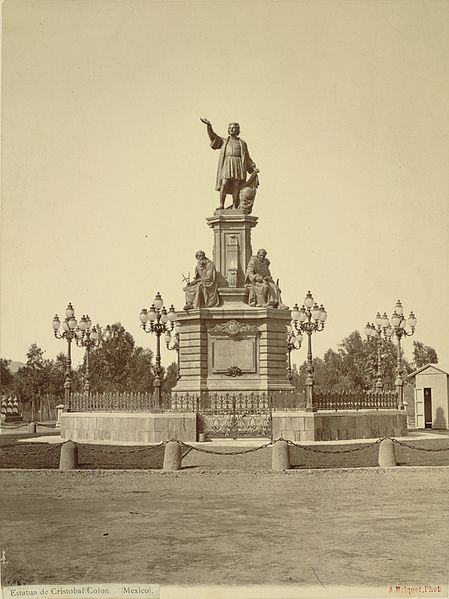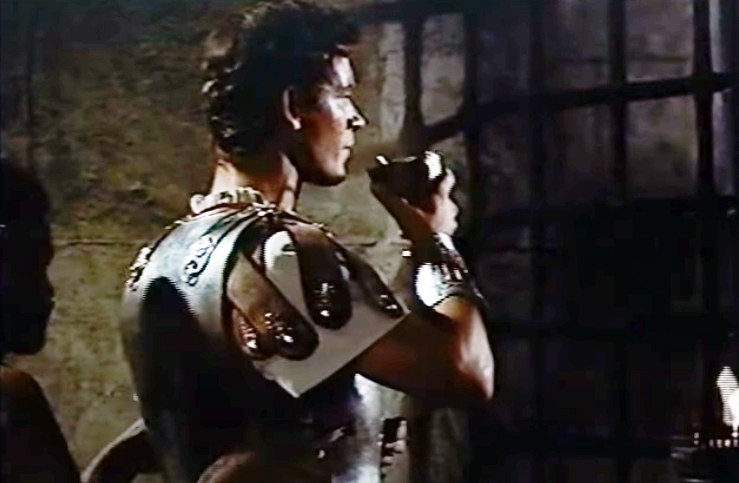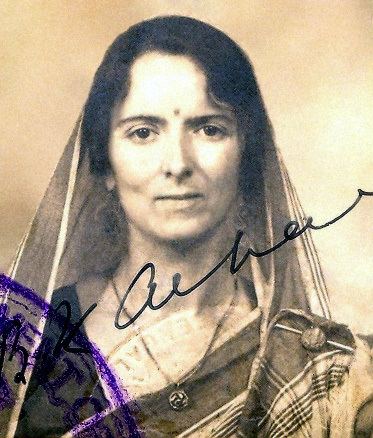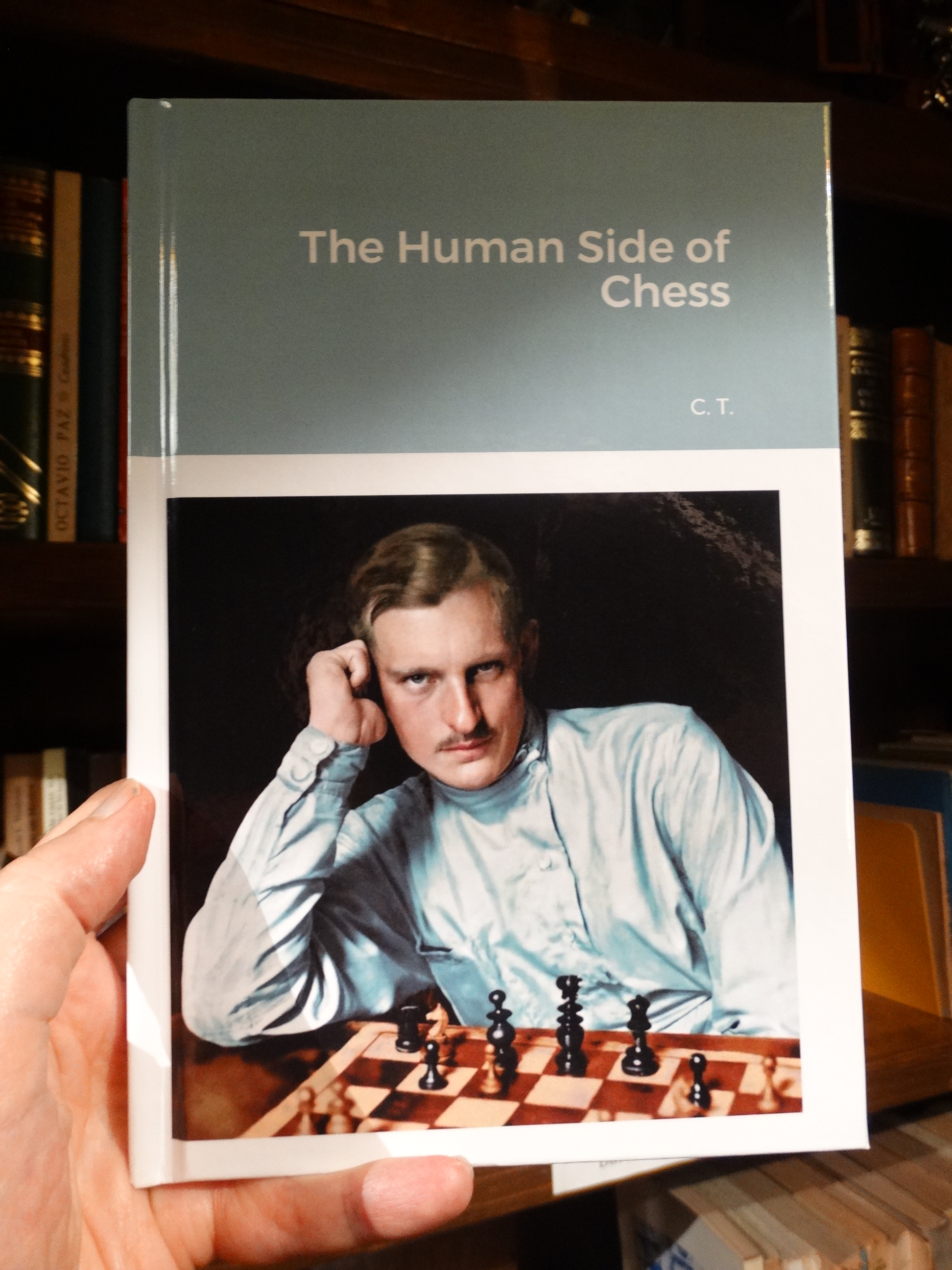I have likened our ‘intolerance’ to that of the orthodox Hindus, which is so different from that of Christians and Muslims. You will soon understand why.
If some young Brahmin tells his father that he feels a special devotion to some expression, visible or invisible, of the Divine, outside the pantheon of Hinduism, whether it be Jesus, or Apollonius of Tyana, or some European leader of our own time, in whom he believes he has discovered the mark of the ‘Avatar’ or Divine Incarnation, the father will, as a rule, find nothing wrong with it. He will probably propose to his son to place the image of his God, even if he is a living man, on the domestic altar among those of the traditional divinities already there.
The young man will no doubt accept. And no one in the family will mind, because in practice it will not change the rhythm of life at home: the ordinary will be the same, the daily rituals will be the same and the festivals will be celebrated in the same way. Nothing will change. There will be just one more image, among many, in the corner devoted to the Gods, and… a thought somewhat different from that of other Hindus in the head of one of the family members.
But thoughts cannot be seen. Even expressed, they only begin to be bothersome when you feel they could—when you least expect them—turn into shocking acts. Until then, they are tolerated; and he who has them, even if he is, in his heart, a Christian or even a Communist, is regarded as one of the sons of the house and the caste.
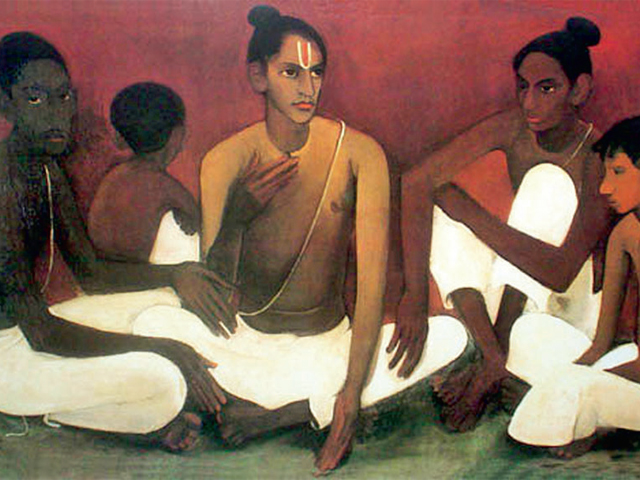 But if another son of this same Brahmin, without claiming to be a son of any master, or any teaching, of any foreign God, comes and declares to his father that he has eaten forbidden food, and in the company of people of low caste that tradition forbids—or worse still, if he says he is living with a woman who is not one of those whom the holy tradition allows him to marry, and that he has a child by her…
But if another son of this same Brahmin, without claiming to be a son of any master, or any teaching, of any foreign God, comes and declares to his father that he has eaten forbidden food, and in the company of people of low caste that tradition forbids—or worse still, if he says he is living with a woman who is not one of those whom the holy tradition allows him to marry, and that he has a child by her…
He will then—no matter how much devotion he may have to Hindu deities, no matter what justification he may invent to link his actions, willy-nilly, to some well-known episode of the Hindu past—be rejected by the family and the caste: excommunicated, relegated to the rank of Untouchable by all orthodox Hindus. He will have to leave his village, and go and live two or three kilometres away, in the agglomeration of aborigines (men of inferior race) and the descendants of excommunicates.
Editor’s Note: Compare Hinduism with Christian cuckoldry.
Even before the scandal with the other Matt’s wife, white nationalist Matt Heimbach, well-known in MSM, said: ‘And no, I do no think that miscegenation is a sin’. More to the point: ‘If my sister or brother was engaged in a mixed race relationship I would express my views but they are still my family’ (italics added—see this snapshot).
But Heimbach was right about one thing: traditional Christianity is not racist. Savitri continues:
It may not be so today in all Hindu circles. Under the violent or subtle action of the forces of disintegration, the traditional mentality is being lost, in India as elsewhere. It is nevertheless true that it would have been so only a few years ago; and that it would still be so now, in those Hindu circles whose orthodoxy has resisted both the example of the foreigner and the propaganda of a government penetrated by foreign ideas.
The fact remains that this attitude corresponds well to the spirit of Hinduism. I would say more: to the Indo-European spirit, and even to the ancient spirit. It could be expressed in the phrase: ‘Think what you like! But do nothing that will destroy the purity of your race, or its health, or contribute to the contempt or abandonment of the customs that are its guardians’. Whereas the injunction by which the intolerance of the religions that come from Judaism, intended for non-Jews, could be translated to something like this:
‘Do what you want’, or something like that. ‘There is no action against religious (or civil) law that is unforgivable. But don’t think anything that might lead you to question the articles of faith: the basic propositions of Christian or Mohammedan, or (nowadays) Liberal-Humanitarian and Marxist doctrine’.
To think, to feel, even about the unprovable and perhaps the unknowable, differently than a ‘faithful’ should, is the worst of crimes. It is for committing it that hundreds of thousands of Europeans were tortured, and eventually burned to death, in the days when the Holy Office was all-powerful; that millions perished, in or out of Europe, for refusing the message of Christianity, Islam or, later, of triumphant Marxism.
Compare all this with the attitude asserted in the aforementioned point 24 of the famous ‘Twenty-five Points’ of the National Socialist Party programme, proclaimed in Munich on 24 February 1920: ‘We demand freedom for all religious denominations in the State, insofar as they do not jeopardise its existence or violate the moral sense of the Germanic race’.[1]
This is, of course, an open door to a certain kind of intolerance, but not to that of the murderers of Hypatia, nor to that of the judges of Giordano Bruno or Galileo. It is the justification for the only ‘intolerance’ that the ancient world practised—that of the Roman authorities who persecuted the early Christians, not as adherents of any ‘superstition’ but as seditionists who refused to honour the images of the Emperor-god with the traditional grain of incense, as enemies of the state.
This is the condemnation of all other forms of intolerance, both that of the prophets and the ‘good’ Jewish kings of the Old Testament, and that of the Inquisitor Fathers.
__________
[1] Wir fordern die Freiheit aller religiösen Bekenntnissen im Staat, solang sie nicht dessen Bestand geführden oder gegen das Sittlichkeits – und Moralgefühl der germanischen Rasse verstossen.
